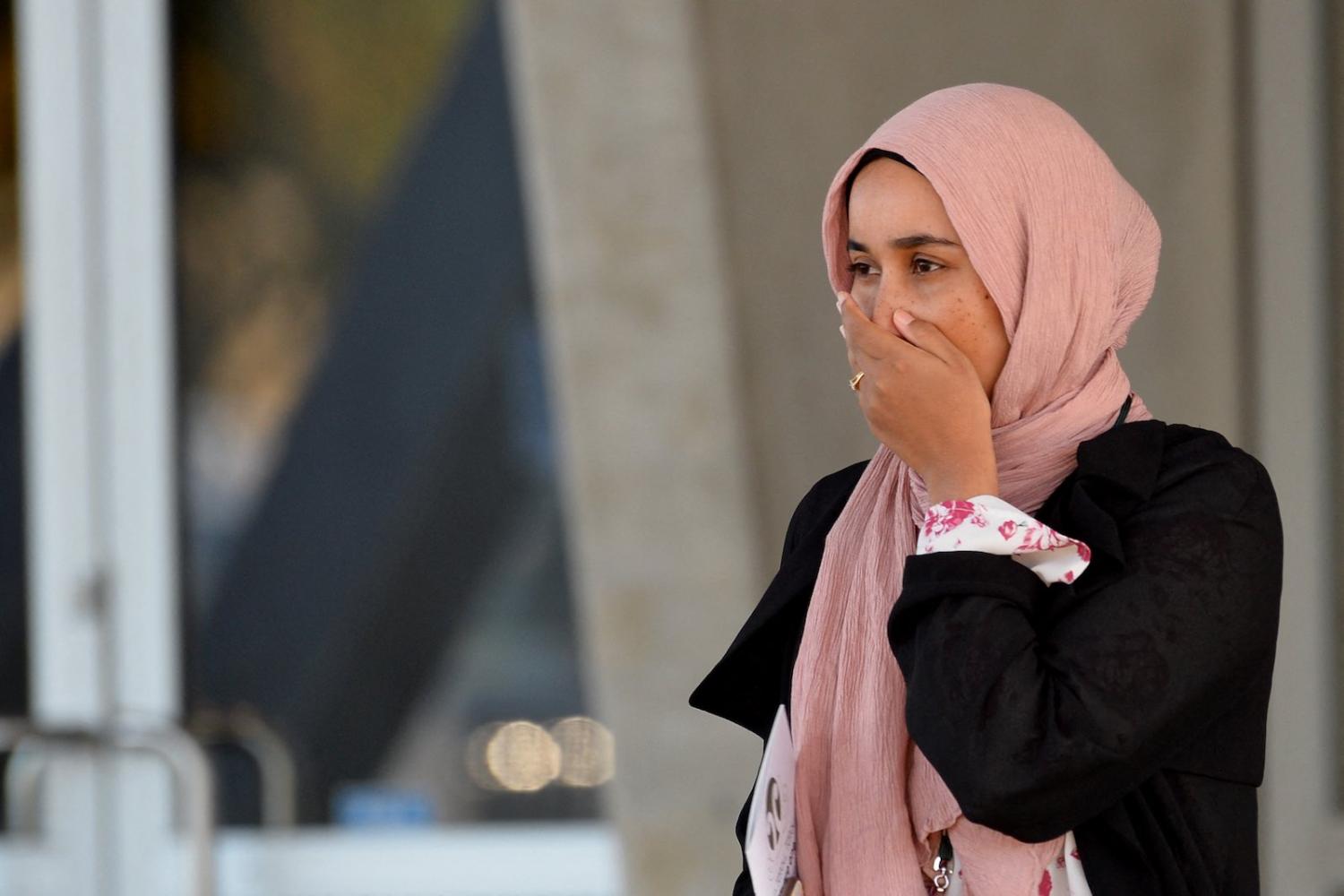The tragedy of 51 people murdered and many more injured two years ago by an Australian-born far-right extremist was commemorated in Christchurch this week by the New Zealand government along with family and friends of the victims. For the community – in New Zealand most importantly, but also in Australia and elsewhere across the globe – a Royal Commission of Inquiry into the attack on Christchurch mosques on 15 March 2019 offers sobering lessons.
Among the Royal Commission’s recommendations was the need to improve counter-terrorism efforts, promote social cohesion and an urgent call for stronger government leadership and direction in these areas.
As the Royal Commission report outlines, one of the political failures in New Zealand leading up to the massacre was in not adequately recognising the threat of extreme right-wing domestic terrorism, with too much focus on the dangers posed by Islamist extremism:
We have concluded that the counter-terrorism effort had been slow to understand the threat of extreme right-wing domestic terrorism ... Improved strategic leadership and greater accountability are required.
Crucially, the report emphasises the importance of “well-informed ministers” who possess a “thorough understanding of the immediate, medium-term and longer-term terrorism risks and threats”. This knowledge is key to a more holistic understanding of how extremism manifests.
In the aftermath of Christchurch, the Australian Security Intelligence Organisation (ASIO) declared that around a third of its counterterrorism portfolio was taken up combating the threat posed by right-wing extremism. ASIO’s Director-General Mike Burgess said white nationalist cells were proliferating across the country, with many prepared to engage in acts of violence.
A national hate crime database would provide all Australian states and territories, federal police, the private sector and NGOs with the necessary intelligence to act appropriately.
And yet, within political ranks, this issue has become increasingly entangled in definitions, with the result often being a dilution and downplaying of the threat that white nationalists present. Last month, Coalition senators amended a Labor-sponsored motion seeking to condemn right-wing extremism, instead, injecting language that raised the threat posed by far-left extremism and communism. This occurred despite academic researchers having debunked the idea of equating of far-right and far-left violence, and it ran contrary to a statement from ASIO on the “serious, increasing and evolving threat to security” from extremists such as neo-Nazis.
Home Affairs Minister Peter Dutton has also said both left-wing and right-wing “lunatics” needed to be dealt with. Liberal senator Concetta Fierravanti-Wells was critical of the language used by ASIO, claiming it “offended” conservatives. Immigration Minister Alex Hawke has also rejected the claim that extremism was on the rise in Australia.
Australia is hardly the only nation to see efforts to downplay the violence associated with right-wing extremists. In the United States after the storming of the Capitol in Washington on 6 January by right-wing groups, half of Republicans polled believed that responsibility for the riots laid largely with antifa, a loose coalition of “anti-fascist” activists, although there is nothing to support this claim.
As the New Zealand Royal Commission report noted, nations are becoming increasingly “polarised around political, social, cultural, environmental, economic, ethnic [and] religious differences”, which propels the prospect of radicalising ideologies to “develop and flourish.”
The Covid-19 pandemic has only added to this social fracturing. A recent Lowy Institute survey showed that one in five Chinese Australians had faced verbal and physical violence. Other reports have indicated an increase in conspiracy theories that promote anti-Semitism and racism. On 26 January this year, far-right organisation the National Socialist Network, gathered in the Grampians mountain range in Victoria to promote an adherence to so-called “white power”.
The Royal Commission called for improved social cohesion and diversity across the community – from schools, workplaces and the public sector to policy and lawmakers. The report noted that New Zealand had not adequately dealt with hate speech and hate crime prior to the Christchurch massacre. The same can be said of Australia. Security experts have called for a national hate-crime database to be established to provide annual and quarterly updates that monitor hate speech and hate crimes. A national hate crime database, the reasoning goes, would provide all Australian states and territories, federal police, the private sector and NGOs with the necessary intelligence to act appropriately.
The Royal Commission report also noted the crucial role of government leadership in countering political polarisation and violent extremism, with a key to its success being predicated on its ability to include minority communities, First Nations peoples, civil society, the private sector and local governments in the decision-making processes.
The findings of the New Zealand Royal Commission have prompted a bipartisan inquiry into “extremist movements and radicalism in Australia”, and this is no doubt a welcome result. The challenge for the Australian government is to ensure it heeds the lessons.

